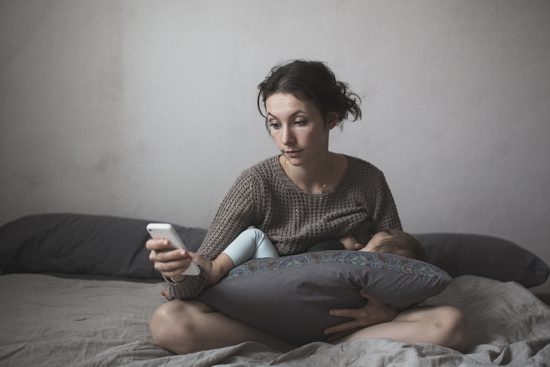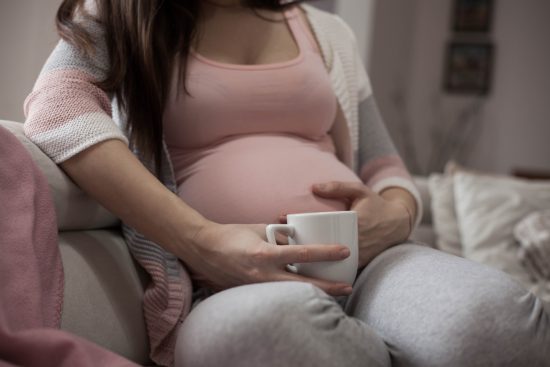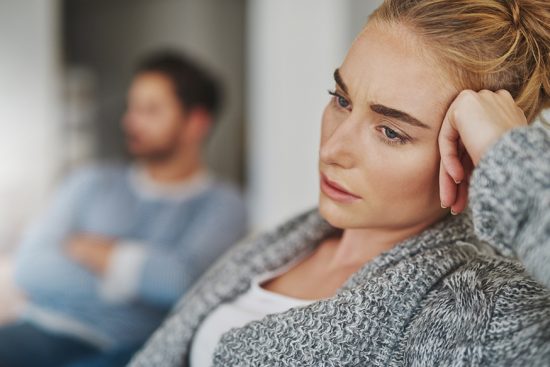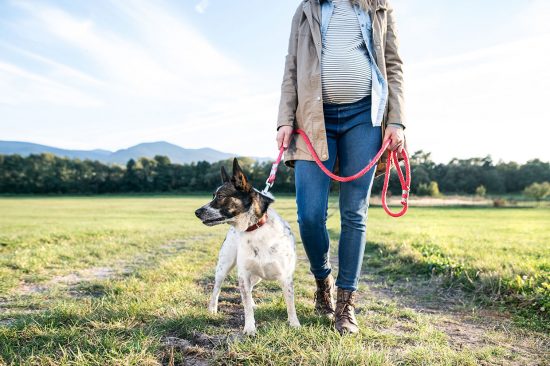We’re all going through an unprecedented and worrying time, and it’s no wonder that many of us are feeling insecure about what’s going to happen. Here are some ways to reduce anxiety and think more positively.

It’s fair to say that there’s no getting away from coronavirus at the moment. It’s all over the news, and it’s all your friends are talking about (over WhatsApp at least – social interaction being antisocial at the moment). Which isn’t great if you’re already feeling anxious about it all.
For many of us, a good starting point to reduce stress is by not obsessively reading news stories about Covid-19. Yes, it all seems very unreal and is a very fast moving situation. But poring over articles about those badly affected and figures going up will just make you feel more worried.
Keep abreast of developments, particularly ones that concern your family. But then put down your phone, or turn off the news. Listening to music stations on the radio can help feel you less isolated and keep you positive, while still informing you about key developments.
Remember that this situation will pass and the outlook will be brighter
Switching off completely from thinking about Covid-19 by watching your favourite TV show, reading a book or phoning a friend can help. Walking the dog or going for a walk or run in nature are also great stress-relievers.
We should all try to remember that this situation will pass, and that hopefully within a few months the outlook will be brighter. Supporting each other and spreading positive messages isn’t just a nice thing to do, it can make us feel more in control of what’s happening by doing something concrete.
Aside from general anxiety and a feeling of helplessness, there are other particular worries, below.
For pregnant women, concern about Covid-19 is particularly heightened with the government’s recent grouping of them in the more vulnerable category. This is alongside elderly people and those with pre-existing medical conditions.

Kat, mum to Sophie, 6, and Eva, 4, is due to give birth in the summer. She says: “I think anxiety amongst pregnant women has upped with the government advice about us. Even though I know it’s still not likely to be too bad if I catch it, there still is a worry that they don’t actually know whether it can affect the baby.”
These concerns are completely understandable. But remember, Chris Whitty, the Public Health Chief Medical Officer for England, said the measure was “very precautionary.” He said that the decision might turn out to be “overkill” in retrospect, but they would “rather be more cautionary now.”
Observe social distancing extra carefully
If you’re pregnant, Public Health England (PHE) does advise that you are extra careful observing social distancing. This includes working from home if possible, trying not to use public transport and avoiding any social gatherings as much as possible. Yes, that’s even with friends and family. Within a few days, there might be advice to stay at home for 12 weeks.
As with everyone else, you should also regularly wash your hands, including when you come in from outside. See the full advice here. Following these guidelines might give you some sense of control, and reassurance that you’re doing all you can to protect yourself and your baby.
Self-isolating at home can feel pretty claustrophobic. Without a change of scene, or seeing other people to some extent going about their day, everything can feel all the more overwhelming.

You’re probably also worried about the health of your family, if it’s possible that a family member might be infected already.
Katie, mum to Dylan and Rosie, says: “My daughter has a mild temperature so we’re self-isolating. Although I know she’s likely to be fine, if she has been infected with Covid-19 then we’ll all probably get it within the next couple of weeks.
“I’m worried about how it’ll affect us all. Is it too much to hope that we’ll all have mild to moderate symptoms?”
Again, following the government guidelines as much as possible will hopefully give you some sense of control. Even if one member of the household is infected with Covid-19, it doesn’t necessarily mean everyone will get it, especially if you take care to wash your hands and keep as much distance from each other as possible – although this is easier said than done with a family.

Our concerns are often for our children above ourselves, so it is some reassurance to know that children are more likely to develop mild to moderate symptoms than adults.
If things feel like they’re getting on top of you, NHS guidelines state you can go outside to exercise in your garden or a public space (though that doesn’t mean a gym!) But if you do this, you should stay at least two metres away from other people. So if there is open green space nearby, a walk outside might help reduce your anxiety.
Unfortunately children are super spreaders and can put grandparents at risk
Worrying about how Covid-19 might affect loved ones in the older generation is a very real concern for most of us. Unfortunately, grandparents and older people are more at risk of being severely affected by symptoms of Covid-19.
Which is why the best way to allay fears about your own parents is to avoid spending time with them as much as possible – especially if you have children. It’s a hard thing to say, as children often love to see their grandparents and vice versa. But unfortunately, children are “super spreaders” of the virus and it can put grandparents at risk to spend time with them.
Visiting them might usually provide you, too, with reassurance and you probably want to see how they’re doing. You might also wonder how they’ll cope on their own. But the best way to support them is by frequent phone calls or video calls, where everyone can check in with each other.
You can do shopping for them if they need, but drop off groceries on their doorstep rather than going in for a chat. Hopefully this will just be for the next few months, and it’s important to protect their health.
Aside from obvious concerns about the health of ourselves and our loved ones, some of us might be very worried about money. This is especially if self-isolation or illness means that you or your partner can’t work.
The government has announced some measures to help, including support for businesses and those struggling to pay their mortgage. If money issues are affecting you, contact your bank and see what help might be available.
If the news and seemingly unreal way of life at the moment are getting you down, remember that things will get back to something more resembling normality within a few months. You will see your friends again, older children will go back to school, and you’ll go back to work.
Your baby won’t even remember this time, so don’t fret about them. The most important thing is to stay positive, and take away the good things that are happening in spite of everything – people helping each other out, and the work of our incredible emergency services. Make the most of the opportunity to spend time with your baby, which will be something you’ll always remember when all of this is over.
Our support line offers practical and emotional support with feeding your baby and general enquiries for parents, members and volunteers: 0300 330 0700.